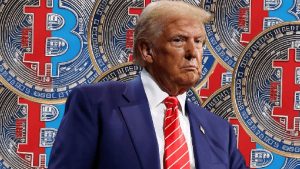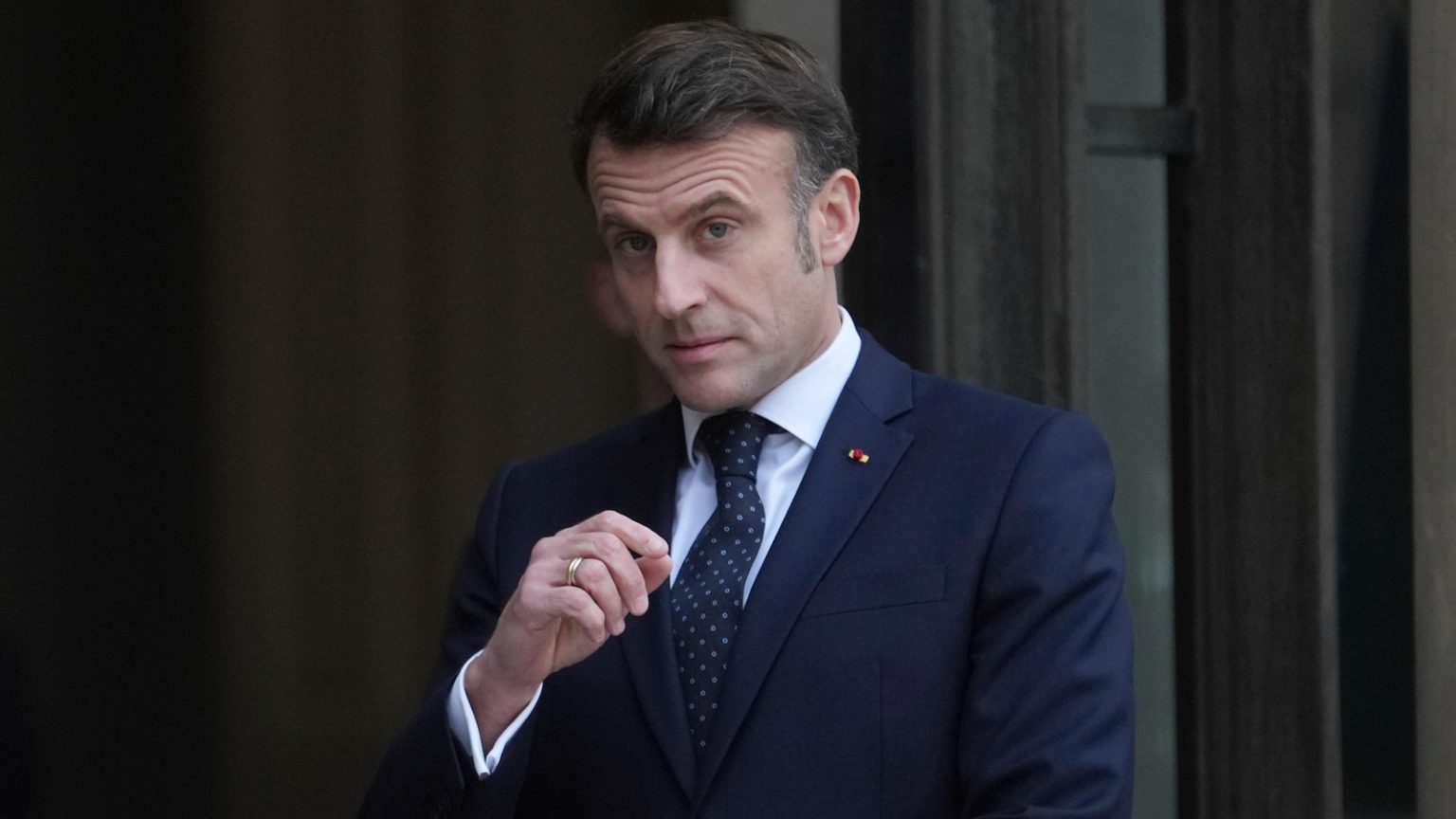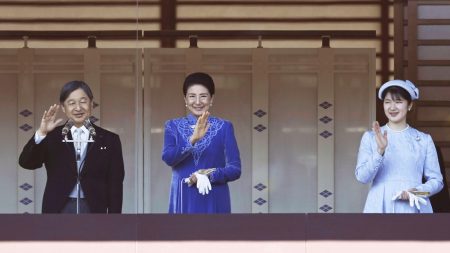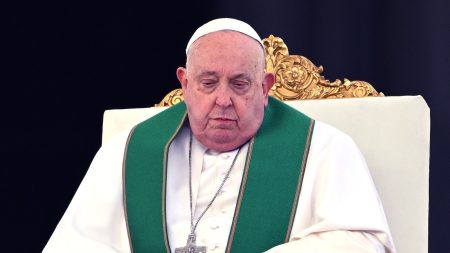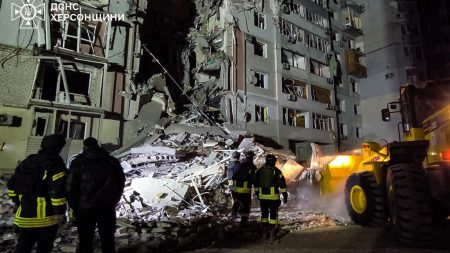A Firm Stance Against Russia: Macron’s Message to Trump
In an effort to strengthen transatlantic unity amid the ongoing war in Ukraine, French President Emmanuel Macron is set to meet with former U.S. President Donald Trump in Washington. Macron’s primary objective during this meeting is to convey a clear message: the United States and Europe must not appear weak in the face of Russian President Vladimir Putin. With U.S.-led negotiations underway to bring an end to the nearly three-year conflict in Ukraine, Macron emphasized the importance of maintaining a strong stance against Russia. He plans to urge Trump to recognize that demonstrating weakness toward Putin could undermine American credibility on the global stage, particularly in relation to China. Macron’s argument hinges on the idea that if the West fails to stand firm against Russia, it risks emboldening other authoritarian leaders and creating a power vacuum that could destabilize international relations.
Addressing Concerns Over Trump’s Approach to Russia
Recent statements by Trump have raised concerns among European allies and Ukrainian officials, as they appear to align with Putin’s narrative. Trump’s suggestion of direct negotiations with Moscow has sparked fears that such a move could undermine Ukraine’s position and legitimize Russia’s illegal actions. However, Macron has interpreted Trump’s approach differently, suggesting that the former president’s unpredictable behavior could actually work in favor of Western allies. By creating “uncertainty” in negotiations with Russia, Trump may inadvertently strengthen the West’s bargaining position. Macron noted that Putin is unsure of how Trump will act, which could be leveraged toKEEP Russia off balance and create opportunities for Ukraine and its allies to gain the upper hand in peace talks.
The Importance of Unity and Shared Interests
Macron’s strategy during his meeting with Trump will focus on convincing the former president that the interests of the United States and Europe are closely aligned. He plans to stress that allowing Russia to dominate Ukraine would have far-reaching consequences, not just for Europe but also for global stability. Macron warned that if Russia is allowed to expand its influence unchecked, it would be “unstoppable,” leading to further aggression and instability in the region. To prevent this, Macron argued that any peace deal must be negotiated with the active participation of Ukrainians and Europeans. He reaffirmed his commitment to achieving peace but made it clear that this cannot come at the expense of Ukraine’s sovereignty. A ceasefire that amounts to Ukrainian surrender would only embolden Russia and set the stage for further conquests, as history has shown.
Strengthening Defense and Supporting Ukraine
In addition to diplomatic efforts, Macron acknowledged the need for Europe to step up its military support for Ukraine. He agreed with Trump’s call for increased defense spending, stating that Europeans must “increase their war effort” to ensure Ukraine’s survival. However, Macron ruled out deploying French troops to fight directly in the conflict. Instead, he expressed openness to sending a security force to Ukraine once a peace agreement is reached. This force would serve as a guarantee of Ukraine’s security and help maintain stability in the post-conflict period. Macron emphasized that such a deployment would be planned in coordination with European allies, ensuring a united and strategic approach to supporting Ukraine’s recovery and reconstruction.
Balancing Strength and Diplomacy
Macron’s approach reflects a delicate balance between strength and diplomacy. On one hand, he is advocating for a tough stance against Russia to deter further aggression. On the other hand, he is committed to exploring diplomatic avenues to end the war and restore peace. By leveraging Trump’s unpredictability and fostering unity among Western allies, Macron hopes to create a scenario where Russia is compelled to negotiate a fair and sustainable peace. At the same time, he is preparing for the long-term security needs of Ukraine, recognizing that the aftermath of the war will require ongoing support and engagement from Europe and the United States.
The Broader Implications of the U.S.-Europe Alliance
Macron’s meeting with Trump takes place against the backdrop of broader geopolitical tensions. The outcome of this meeting could have significant implications for the U.S.-Europe alliance and its ability to address not only the conflict in Ukraine but also other global challenges. By emphasizing shared interests and the importance of standing together against authoritarian regimes, Macron is seeking to reinforce the transatlantic partnership at a critical moment. His message to Trump, and by extension to the United States, is clear: the West must remain united, strong, and committed to defending democracy and sovereignty in the face of aggression. The stakes are high, and the decisions made in the coming months will shape the course of international relations for years to come.


